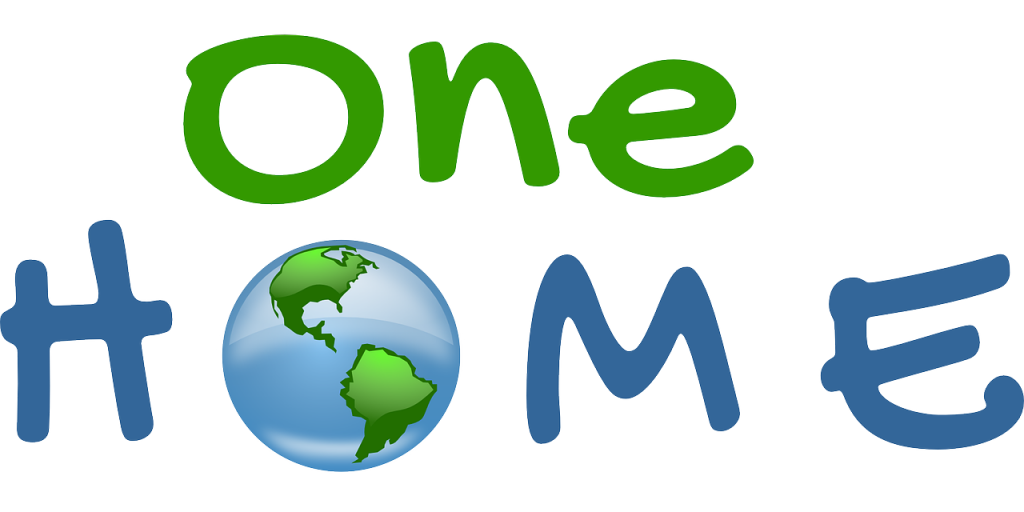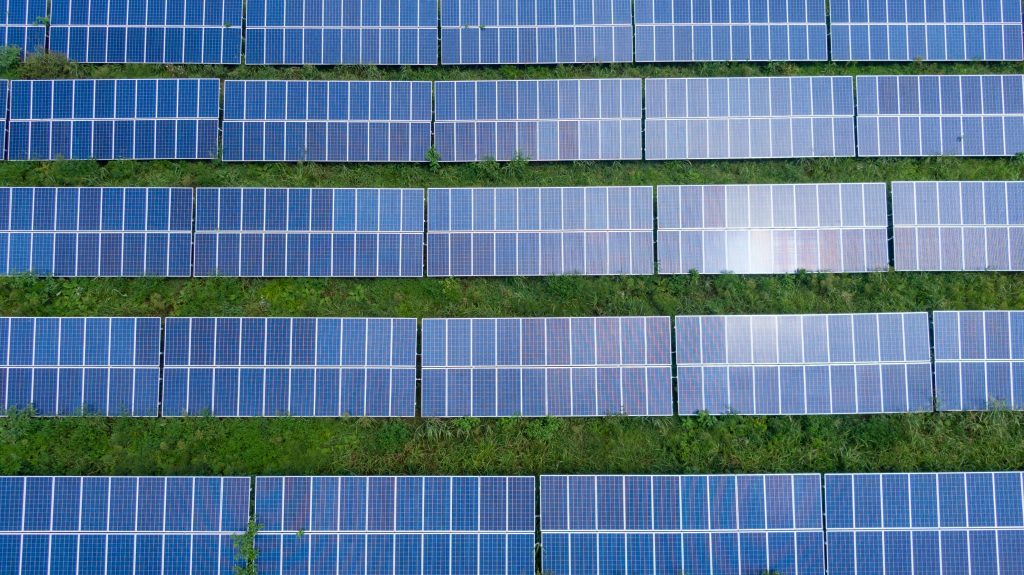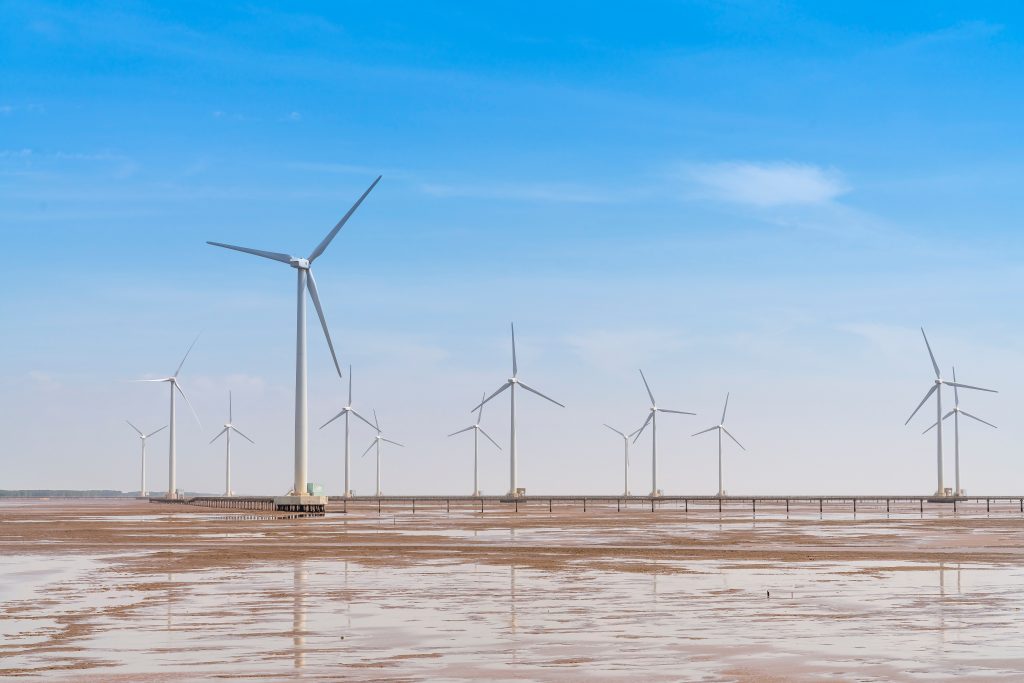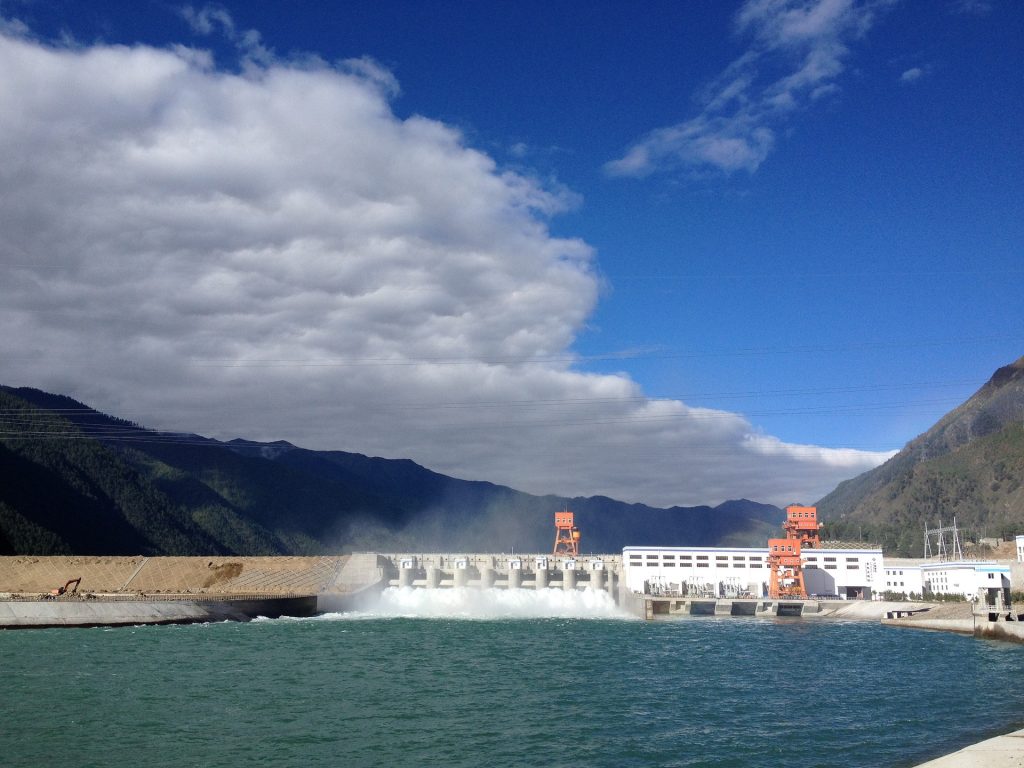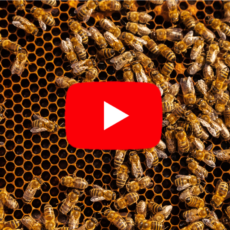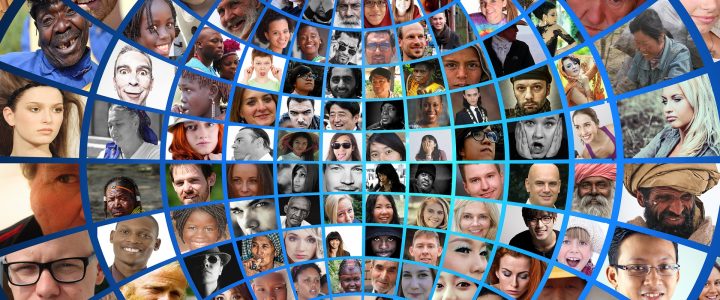
On Tuesday, September 17th, 2019, the 74th United Nations General Assembly session opened at the U.N headquarters in NYC, and there is quite the docket for 2019. One of the important summits we’re watching for here at swrm, will be on Achieving the Sustainable Development Goals. This summit will analyze how far we’ve come since the adoption of the SDG in 2015, and discuss accelerating the implementation of the most ambitious road map for sustainable life on Earth for all of us ever created.
We’re making progress, it seems, but it simply isn’t big enough or fast enough.
In Part 2 of our SDGs series, we’re going to break down Goals #4-7.
Sustainable Development Goal #4: Quality Education
Obtaining a quality education is the foundation to improving people’s lives and sustainable development.
Education is the tie that binds the SDGs. It is perhaps the most important tool only some of us have, and too many of us need. Education eradicates borders, illuminates the fallacies of prejudices, teaches us about what it is to be human, fosters tolerance, and opens our eyes to this great big universe we occupy. Without education, there can be no escaping the cycle of poverty, no equality between genders, and no better world for us all to share.
It’s currently estimated that 617 million youth worldwide lack basic math and reading skills, and 57 million primary age children are not enrolled in school – half of whom live in sub-Saharan Africa. It’s also estimated that 50% of the children not enrolled in school live in areas of conflict.
Goal #4 Targets include:
–Ensuring that all girls and boys have access to complete free, equitable and quality primary and secondary education.
–Ensuring that all girls and boys have access to quality early childhood development, care, and pre-primary education so that they are ready for primary education.
–Ensuring equal access for all women and men to affordable and quality technical, vocational, and tertiary education, including university.
–Substantially increasing the number of youth and adults who have relevant skills, including technical and vocational skills, for employment, decent jobs, and entrepreneurship.
–Eliminating gender disparities in education; and ensuring equal access to all levels of education and vocational training for the vulnerable, including persons with disabilities, indigenous peoples, and children in vulnerable situations.
–Ensuring that all youth and a substantial proportion of adults, both men and women, achieve literacy and numeracy.
–Ensuring that all learners acquire the knowledge and skills needed to promote sustainable development, including, among others, through education for sustainable development and sustainable lifestyles; human rights, gender equality, promotion of a culture of peace and non-violence, global citizenship, and appreciation of cultural diversity and of culture’s contribution to sustainable development.
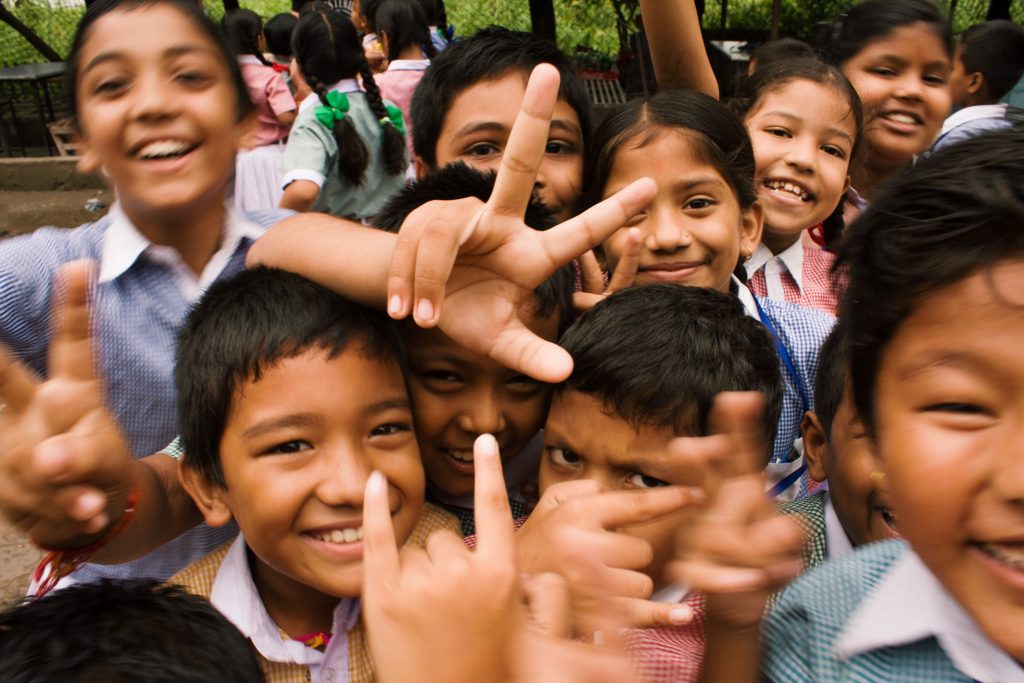
Sustainable Development Goal #5: Gender Equality
Gender equality is not only a fundamental human right, but a necessary foundation for a peaceful, prosperous and sustainable world.
We’ve made great strides towards gender equality and women’s empowerment, but women and girls continue to suffer discrimination and violence around the world. It is estimated that worldwide, 35% of women have experienced sexual and/or physical violence by either a partner or a stranger at some point in their lives – and that figure does not include sexual harassment. Women and girls account for 71% of human trafficking globally. Women do not have equal access to education, employment, or fair wages. Approximately 650 million were married before the age of 18.
You can read more from UN Women HERE.
Goal #5 Targets include:
–Ending all forms of discrimination against all women and girls everywhere.
–Eliminating all forms of violence against all women and girls in the public and private spheres, including trafficking, sexual, and other types of exploitation.
–Eliminating all harmful practices such as child, early, and forced marriage, and female genital mutilation.
–Recognizing and valuing unpaid care and domestic work through the provision of public services, infrastructure, and social protection policies and the promotion of shared responsibility within the household and the family as nationally appropriate.
–Ensuring women’s full and effective participation and equal opportunities for leadership at all levels of decision-making in political, economic, and public life.
–Ensuring universal access to sexual and reproductive health and reproductive rights.
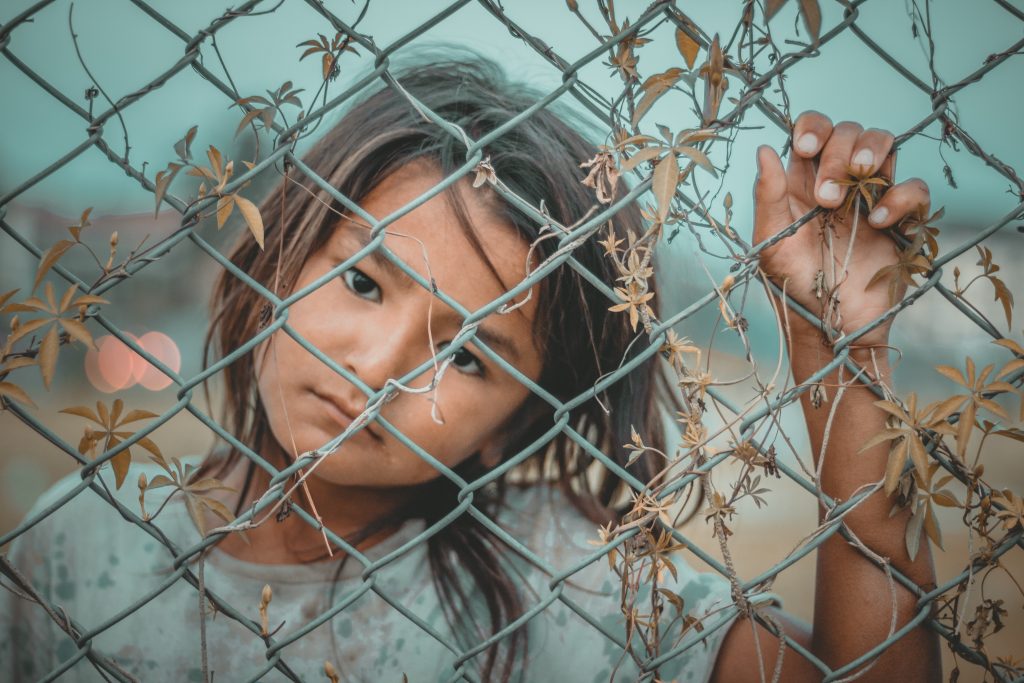
Sustainable Development Goal #6: Clean Water and Sanitation
Clean, accessible water for all is an essential part of the world we want to live in.
According to the CDC, 780 million people worldwide do not have access to a safe drinking water source and 2.5 billion worldwide do not have access to basic sanitation. Unsafe drinking water and poor sanitation which leads to poor hygiene contribute to an astounding number of preventable deaths from sickness and disease every year with more than 2,000 children dying as a result of diarrheal diseases every day.
Goal #6 Targets include:
–Achieving universal and equitable access to safe and affordable drinking water for all.
–Achieving access to adequate and equitable sanitation and hygiene for all, ending open defecation, paying special attention to the needs of women and girls and those in vulnerable situations.
–Improving water quality by reducing pollution, eliminating dumping, and minimizing release of hazardous chemicals and materials, halving the proportion of untreated wastewater, and substantially increasing recycling and safe reuse globally.
–Substantially increasing water-use efficiency across all sectors and ensuring sustainable withdrawals and supply of freshwater to address water scarcity and substantially reducing the number of people suffering from water scarcity.
–Implementing integrated water resources management at all levels, including through transboundary cooperation as appropriate.
–Protecting and restoring water-related ecosystems, including mountains, forests, wetlands, rivers, aquifers, and lakes.
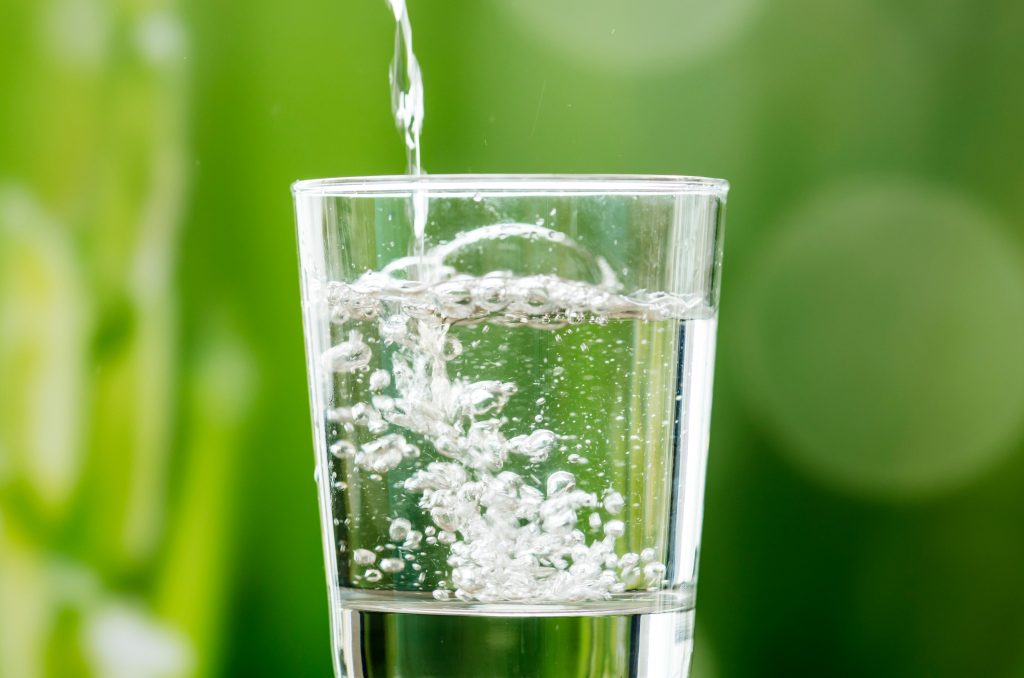
Sustainable Development Goal #7: Affordable and Clean Energy
Energy is central to nearly every major challenge and opportunity.
Access to clean and affordable energy for all is a necessity to power the global change we need to become a sustainable world. Without power, there can be no change.
There are approximately 3 billion people who lack access to clean-cooking solutions and are exposed to dangerous levels of air pollution. Additionally, slightly less than 1 billion people are functioning without electricity and 50% of them are found in Sub-Saharan Africa alone.
Goal #7 Targets include:
–Ensuring universal access to affordable, reliable, and modern energy services.
–Substantially increasing the share of renewable energy in the global energy mix.
–Doubling the global rate of improvement in energy efficiency.
What Can You Do to Help?
This probably all seems pretty overwhelming. We totally get it. But big change doesn’t happen overnight. It starts small. It starts with people. It starts with YOU.
So, take it a step at a time.
Volunteer in your community to teach a child to read, and vote for leaders who believe in the importance of education for all.
Call out sexist behavior and language when you hear it. If you’re a girl, stay in school and empower your friends to do the same. If you’re a boy, you can help empower your friends to respect women and respect gender equality.
Avoid wasting water – you don’t have to wash those jeans every time you wear them or spend 20 minutes in the shower. And don’t leave water running while you do the dishes. Get involved with World Toilet Day on November 19th and help raise awareness about sanitation as a basic human right.
Use energy efficient lightbulbs and appliances, and turn them off when you’re not using them. Bike, walk, or take public transportation instead of driving. If that not’s an option, start a carpool with your friends or co-workers.
Taken individually, a small thing may seem too small. It may seem like it won’t make a difference. But millions of people doing a single small action, adds up to a very big difference.
Stay tuned, swrmers, next time we tackle Sustainable Development Goals #8-12. Have any ideas on some small things we can do to spur big change? Buzz ‘em at us!
